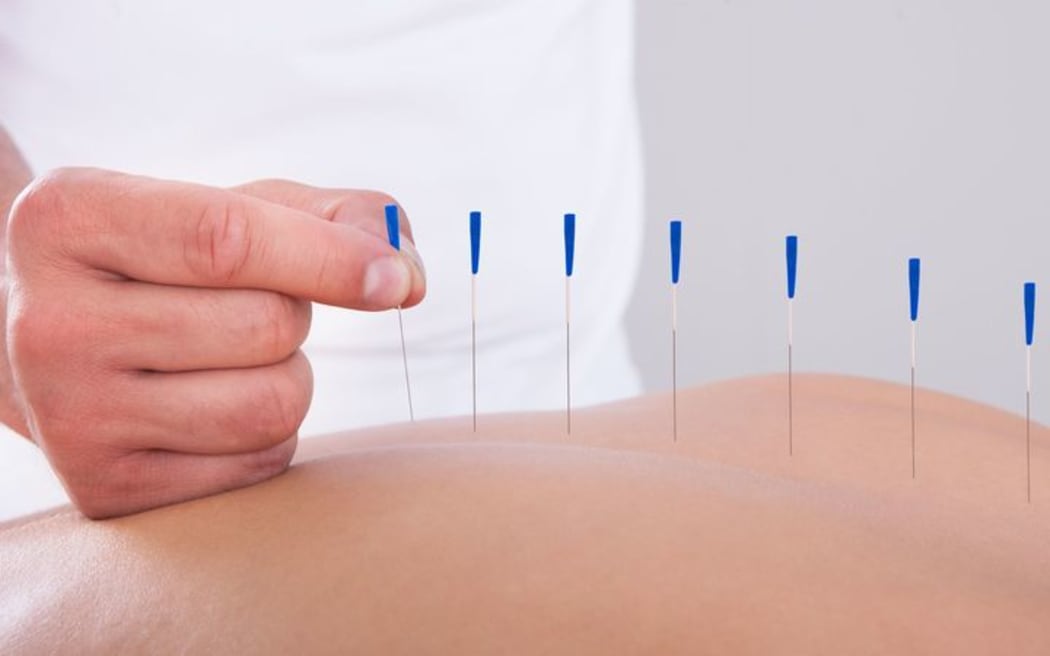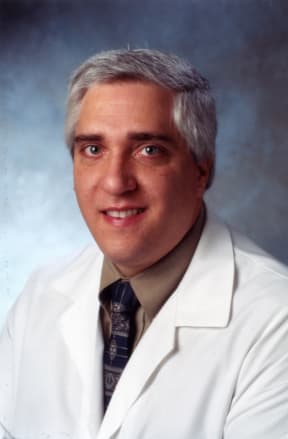Sometimes the only thing that stands between ever-expanding fake news and misinformation is someone with a robust sense of skepticism. Enter Dr Steven Novella.
He's a physician at the Yale Medical School and is founder and executive editor of Science-Based Medicine. He also hosts a popular weekly science podcast, The Skeptics' Guide to the Universe.
He’s in New Zealand on a quest to bust some myths and encourage more critical thinking.

Photo: 123rf
Dr Novella tells Jesse Mulligan that in the last 10 to15 years the stakes have risen for skeptics with waves of denial for vaccines and climate change.
“There are very serious issues out there that are affecting people’s lives which I think need a very heavy dose of skepticism.”
In a recent blog post, Dr Novella highlighted conspiracy theories about the death of high-profile pedophile Jeffrey Epstein and said that people are drawn to false but sensational information rather than prosaic truth.
He explains: “We’re all attracted to things that are interesting. Nobody wants to just live their boring, mundane, everyday life and not have anything exciting or interesting. We’re also pattern seekers, we like when the stars align. We think we can see a deeper or behind the scenes explanation for what’s going on - we have a glimpse at actual truth, we peek behind the curtain.
“That calls to us in a way… but when that takes on a life of its own we’re too good at seeing patterns. We’re seeing patterns that aren’t really there and you have to combine a really good skill at seeing patterns with reality testing.”
He says neuroscience shows that we seek patterns then carve away at them with what’s real, but some people aren’t as good with the second aspect.

Steven Novella Photo: Supplied
As a physician, one of Dr Novella’s biggest pet peeves is alternative medicine which he says is a multi-billion dollar industry that has a stake in promoting itself and denying real scientific studies. One treatment he’s adamant has no effect is acupuncture, which is indirectly funded by the government in New Zealand. He says that’s a mistake.
“Acupuncture has made the most inroads into mainstream medicine, for whatever reason… I’ve actually written a review article looking at all the literature for acupuncture and it quite clearly shows that there’s no specific effect. In short acupuncture does not work.”
He says while he doesn’t want to deny people’s positive experiences from alternative medicines and treatments like acupuncture, sometimes things get better on their own or they are experiencing a placebo effect.
“Just the positive experience of having a good interaction with a therapist, someone who’s treating you, will make you feel better. We don’t deny that at all. But as scientists, we want to know if the actual physical treatment you’re doing is actually having part of the benefit for the patient, or is it an irrelevant part of the interaction.”
Dr Novella says that seeking a bit of magic or a leap of faith in our lives is a human thing to do and there’s nothing wrong with it, we just need to find balance.
“You don’t have to deny reality or to make false claims or have false beliefs about reality in order to appreciate beauty or to be in love or engage in all the other things make us human.”
Dr Steven Novella was a speaker this weekend at the New Zealand Skeptics Conference.

